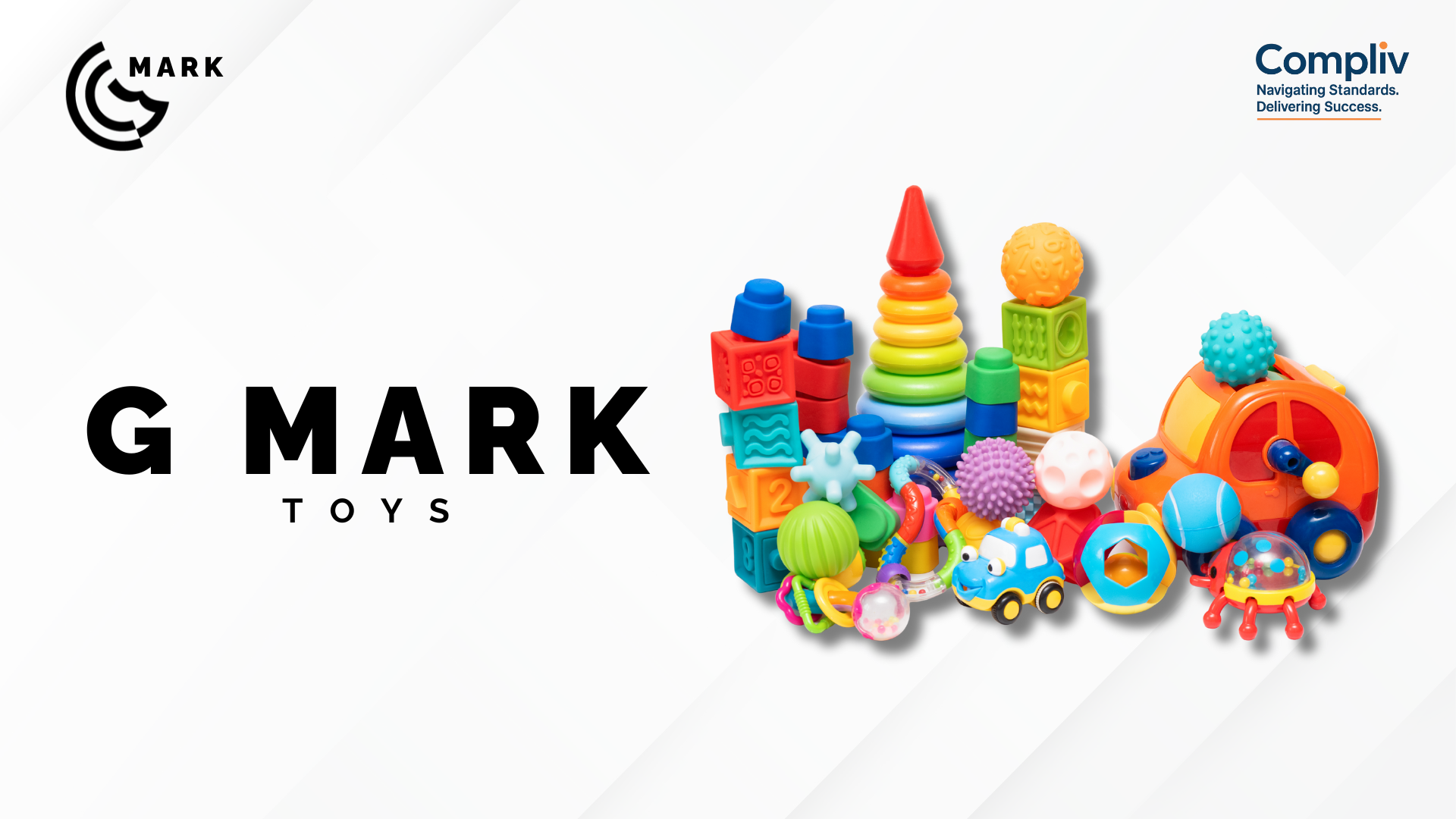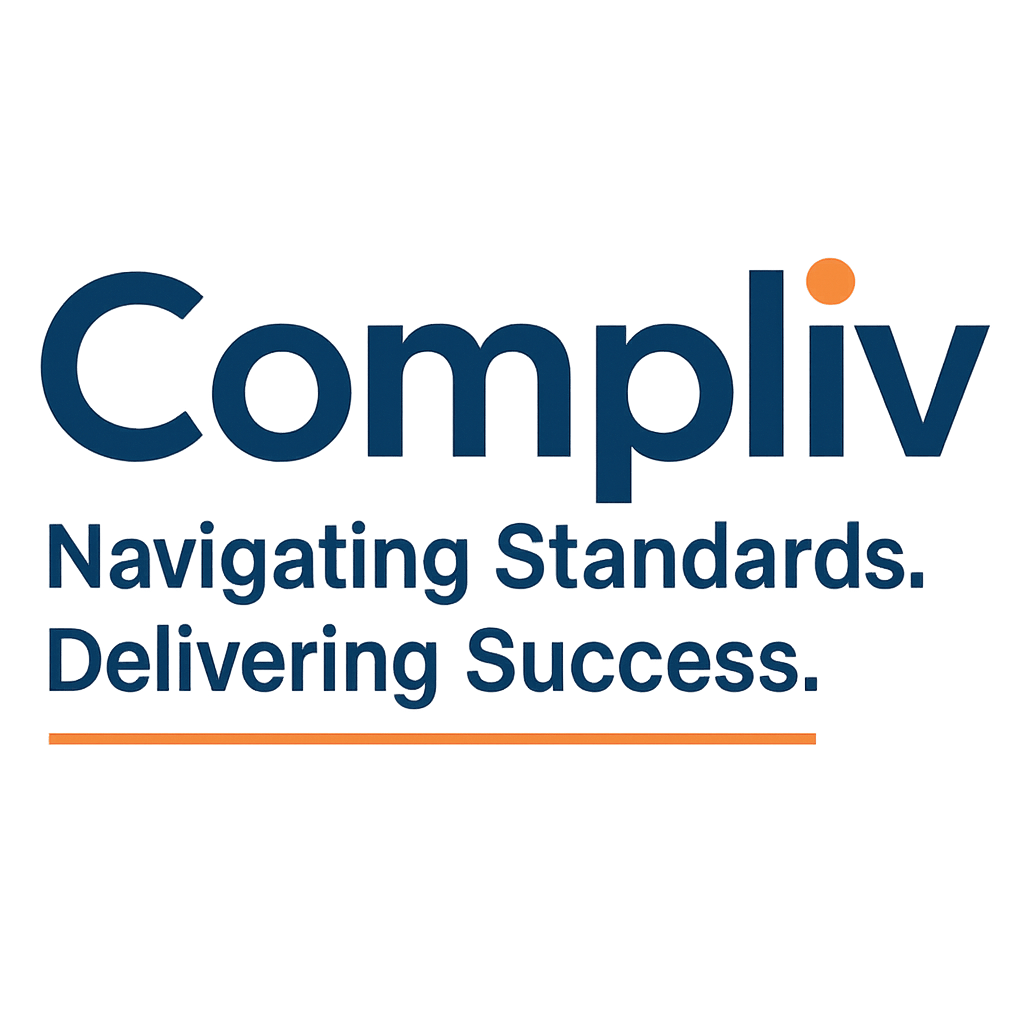
The G Mark (Gulf Conformity Mark) is a mandatory certification for children's toys and low-voltage electrical products sold in the Gulf Cooperation Council (GCC) countries: Bahrain, Kuwait, Oman, Qatar, Saudi Arabia, United Arab Emirates, and Yemen. This certification ensures that products meet the health, safety, and environmental requirements outlined in the GCC Technical Regulation on Children’s Toys (BD-131704-01).
What is the Middle East G Mark Toys?
The G Mark is a conformity mark indicating that a toy complies with the GCC's safety and environmental standards. It is required for all toys intended for children under 14 years of age in the GCC market. This certification process involves product testing, documentation review, and approval by a Notified Body (NB) recognized by the Gulf Cooperation Council Standardization Organization (GSO).
gso.org.sa
Who Can Apply for the Middle East G Mark Toys?
The following entities can apply for the G Mark certification:
- Manufacturers: Companies that produce toys.
- Importers: Entities that bring toys into the GCC market.
- Distributors: Businesses that sell toys within the GCC region.
- Authorized Representatives: Companies acting on behalf of manufacturers in the GCC.
List of Documents Required for G Mark Toys Application
To apply for the G Mark certification, the following documents are typically required:
- GSO Application Form: Completed application form as per GSO requirements.
- Declaration of Conformity: A statement affirming that the toy meets all applicable standards.
- Product Technical Documentation: Including design specifications, materials used, and manufacturing processes.
- Risk Assessment Report: Analysis of potential hazards associated with the toy.
- Test Reports: Results from accredited laboratories demonstrating compliance with safety standards.
- Labeling Information: Details of product labeling, including warnings and instructions in Arabic.
- Quality Management System Documentation: Evidence of adherence to quality control processes.
- Manufacturing Site Information: Details about the production facility.
The Process to Apply for G Mark Toys
The application process can be divided into the following steps:
- Identify Product Category & Applicable Standards: Determine if the toy falls under the GSO regulations and identify the relevant standards.
- Appoint a Notified Body (NB): Engage with an accredited NB recognized by the GSO.
- Product Testing & Risk Evaluation: Submit the toy for testing to assess compliance with safety, electromagnetic compatibility (EMC), environmental compliance, and design structure.
- Submit Technical Documentation: Provide all required documents to the appointed NB.
- Evaluation by Notified Body: The NB reviews the documentation and test results.
- Issuance of GSO Certificate: Upon successful evaluation, the NB issues a Gulf-type examination certificate, allowing the toy to bear the G Mark.
Products Covered in G Mark Toys
The G Mark certification applies to various types of toys, including:
- Functional Toys: Toys designed to perform specific functions.
- Aquatic Toys: Toys intended for water play.
- Activity Toys: Toys that engage children in various activities.
- Chemical Toys: Toys involving chemical reactions.
- Cosmetic Kits: Toys that allow children to create cosmetic products.
- Gustative Games: Toys related to taste experiences.
- Olfactory Board Games: Toys involving smell-based activities.
- Design Speed Toys: Toys related to design and speed activities.
- Certain items are excluded from this regulation, such as playground equipment intended for public use, automatic playing machines (coin-operated or not), toy vehicles equipped with combustion engines, toy steam engines, slings, and catapults.
Timeline for G Mark Toys Certification
The timeline for obtaining G Mark certification can vary based on several factors, including the complexity of the toy and the efficiency of the application process. However, a general outline is as follows:
- Preparation of Documentation: 2–4 weeks to gather and prepare all necessary documents.
- Product Testing: 4–6 weeks, depending on the type of testing required.
- Evaluation by Notified Body: 2–3 weeks for review and assessment.
- Issuance of Certificate: 1–2 weeks after successful evaluation.
